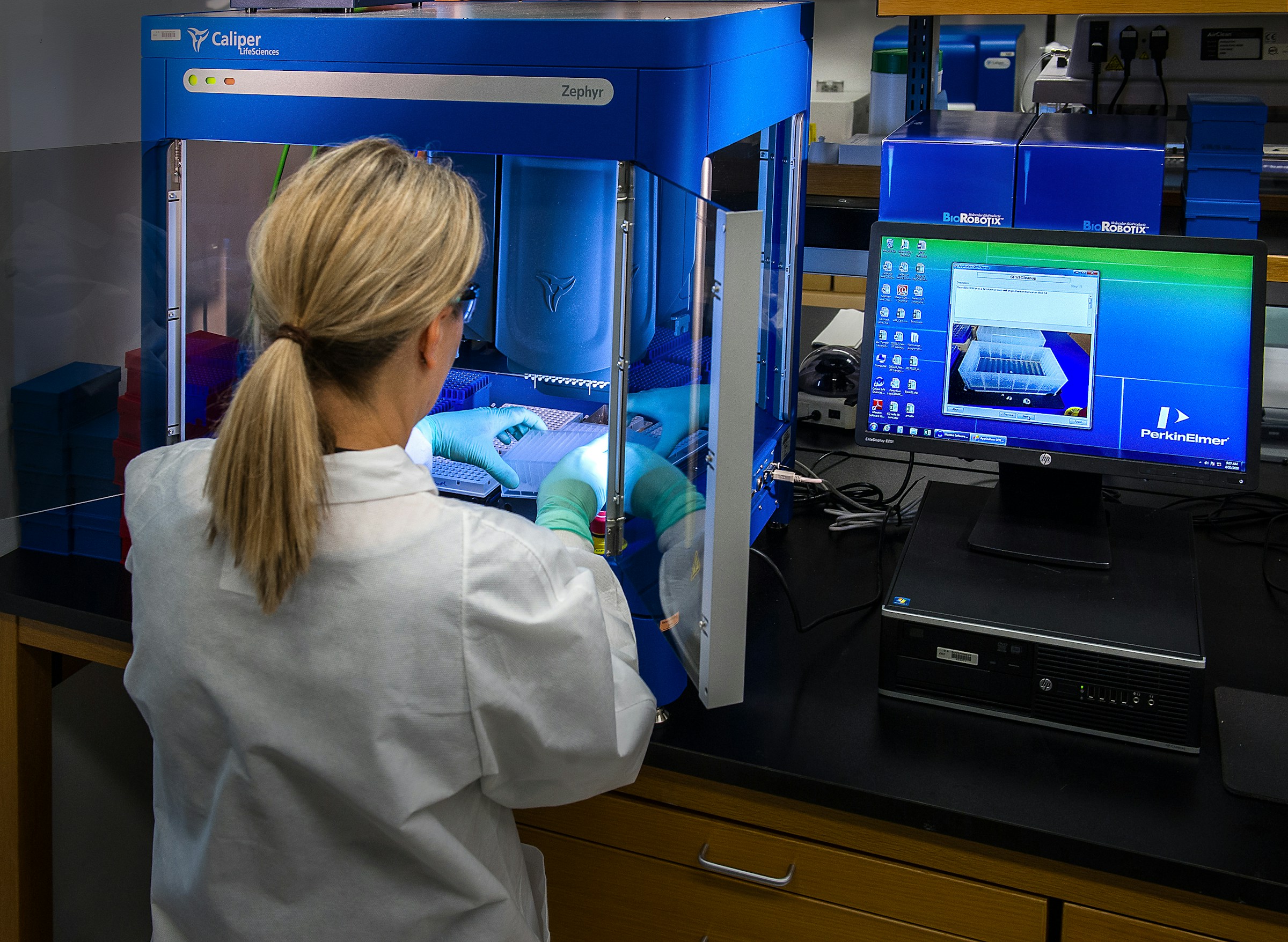How can UK tech startups leverage partnerships with educational institutions for research and development?

In the competitive world of technology, startups are constantly looking for ways to gain an edge. For many, the answer lies in forming partnerships with educational institutions. Schools, colleges, and universities are treasure troves of knowledge and innovation. They boast the brightest minds in the field, state-of-the-art facilities, and a wealth of research opportunities. By tapping into these resources, startups can supercharge their research and development (R&D) efforts, resulting in cutting-edge products and services that can disrupt the market.
So, how exactly can UK tech startups leverage these partnerships for their R&D? Let's delve deeper.
A lire également : Mastering a/b testing: the key to data-driven success
Unearthing Potential Talent
When tech startups partner with educational institutions, they are given a front-row seat to the newest talent in the industry. These institutions are churning out highly-skilled graduates who are fresh, innovative, and hungry to make an impact in the tech world.
By investing time, resources, and expertise into these institutions, startups can build vital relationships with students, exposing them to the realities of working in the tech industry, showcasing their company's culture, and ultimately attracting top performers to their ranks. Some startups offer internships, sponsor projects, or even give lectures. This not only provides students with invaluable industry experience but also allows startups to identify and nurture talent early on.
Sujet a lire : What strategies can improve user engagement on UK's educational gaming platforms?
Access to Cutting-Edge Research
Universities and colleges are at the forefront of technological research. They are the minds behind the latest innovations, theories, and technological breakthroughs. By collaborating with these institutions, startups gain direct access to this trailblazing research.
Through partnerships, startups can sponsor specific research projects, which can provide them with unique, tailored insights that could fuel their R&D efforts. By intertwining their R&D with academic research, startups can stay ahead of the curve, coming up with innovative solutions that set them apart from the competition.
Leveraging Resources and Infrastructure
Educational institutions are equipped with state-of-the-art facilities and resources, especially those specialising in technology and science. From advanced computer labs to high-tech research equipment, these resources can be incredibly valuable for startups looking to develop new technologies or improve their existing offerings.
By partnering with these institutions, startups may gain access to these facilities, offering them the resources they need to conduct their R&D without making hefty investments. This can be particularly beneficial for early-stage startups, who may not have the necessary funding to equip their own R&D departments with the latest tools and technologies.
Gaining Credibility and Trust
Partnerships with reputable educational institutions can lend incredible credibility to tech startups. In an industry where trust and reputation can significantly impact a company’s success, being associated with a respected academic institution can be a significant boon.
These partnerships can be highlighted in a startup's marketing material, used to attract investors or even to gain credibility in the eyes of customers. In addition, the rigorous academic standards upheld by these institutions can help ensure that a startup's R&D is sound, reliable, and credible.
Encouraging Innovation
At the heart of every startup is innovation. It is this ability to think outside the box, to disrupt the status quo, that often makes startups so successful. Educational institutions are equally dedicated to innovation, constantly pushing the boundaries of what is known and understood.
By partnering with these institutions, startups can foster a culture of creativity and innovation. They can take part in academic forums, contribute to coursework, and work side-by-side with researchers, all of which can inspire new ideas and perspectives. This constant exchange of ideas can enhance the startup's R&D, resulting in truly unique and innovative products and services.
Through strategic partnerships with educational institutions, UK tech startups can access a wealth of resources and opportunities that can supercharge their R&D. From unearthing new talent to accessing cutting-edge research, leveraging infrastructure, gaining credibility, and fostering innovation, these partnerships can provide a competitive edge in the bustling tech industry.
While the path to effective partnerships may require effort and investment, the potential benefits are worth it. By collaborating with the academic world, startups can position themselves at the forefront of technological innovation, paving the way for success in their respective markets.
Intellectual Property Rights and Technology Transfer
Forming strategic partnerships with educational institutions not only aids in research innovation but also facilitates a smooth technology transfer from academia to the business sector. Intellectual property rights are a crucial aspect when it comes to research development. These rights are often held by the educational institutions where the initial research was conducted.
By partnering with these institutions, startups gain the opportunity to negotiate licenses for proprietary technologies developed within the academic environment. This can include anything from new software algorithms to hardware designs, providing startups with a competitive edge in the market.
Moreover, these partnerships can assist startups in navigating the complex landscape of intellectual property rights. Universities often have dedicated teams to handle the legal and administrative aspects of intellectual property, offering guidance and support to their partners.
Furthermore, the technology transfer that occurs in these partnerships is key to the growth of the UK's innovation system. By moving ideas from the realm of academia to the marketplace, new products and services are developed, economies are strengthened, and the benefits of research are made tangible to the public.
Long-Term Investment and Knowledge Exchange
Research development is a long-term investment. It requires time, funds, and a sustained commitment to innovation. Startups that engage with higher education institutions are often better prepared to meet these demands. Through these partnerships, startups gain access not only to physical resources but also to a wealth of knowledge and expertise.
The concept of knowledge exchange is fundamental in these relationships. It's not just about startups gaining insights from academia, but also about academics learning from industry best practices. This symbiotic relationship fosters a rich environment for innovation, where both parties can thrive and grow together.
Moreover, working with academia opens up opportunities for funding. Many universities have access to government grants, research councils, and investment funds dedicated to innovation and research. Startups can leverage these funding opportunities to finance their R&D initiatives, making the process more financially sustainable.
The importance of strategic partnerships between tech startups and educational institutions cannot be overstated. These relationships bring about a synergy that supercharges research development, fosters innovation, and ultimately leads to the creation of unique and competitive products and services.
From unearthing new talent and accessing cutting-edge research, to leveraging resources and infrastructure, gaining credibility, facilitating technology transfer, and fostering a sustainable environment for long-term investment and knowledge exchange, these partnerships serve as a catalyst for growth in the tech industry.
While they require effort, dedication and strategic planning, the potential benefits to UK tech startups are immense. In the ever-evolving tech landscape, these partnerships will continue to play a pivotal role in propelling startups to the forefront of innovation. By harnessing the power of education in their business strategies, startups are not only investing in their own success, but also contributing to the advancement of science and technology in the UK and beyond.
